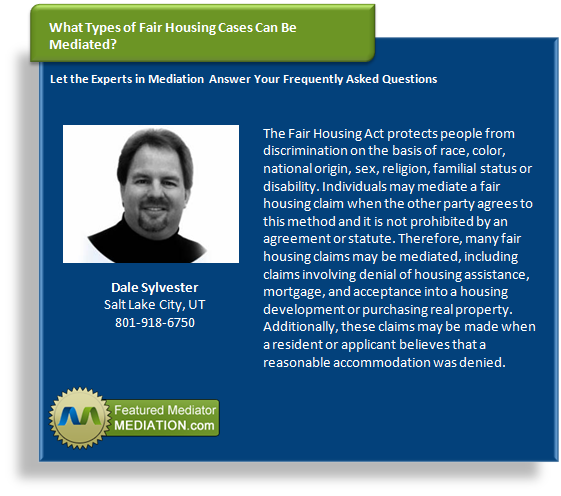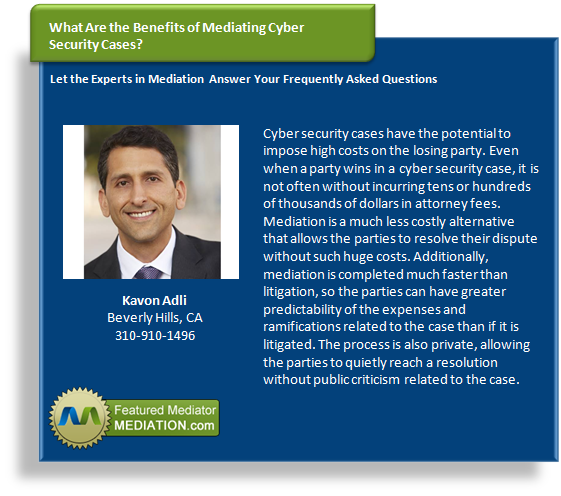If you are going through a divorce in Texas, it is important that you understand the various financial implications that this event will have on your life. An experienced family lawyer in Texas can discuss the laws in Texas that may impact your divorce and provide you with targeted legal advice during this process.
Dividing Assets and Debts

Texas is a community property state. Texas courts presume that all property and income you acquired during the marriage is community property and equally belongs to each spouse. Therefore, courts in Texas will generally equally divide the assets a couple has during a divorce, as well as their debts.
A divorcing couple can reach an agreement regarding how they want to divide their property and debts and ask the judge to approve this arrangement. However, if they are unable to reach an amicable agreement, the court will have the authority to divide the assets and debts during the divorce case.
The court first classifies property into two categories: separate property and community property. Separate property includes property that belongs to one spouse, such as the property that was acquired before the marriage or a gift given to just one of the spouses. Community property is everything other than separate property that was acquired during the marriage, including income.
Community property often includes:

• Real estate
• Business interests
• Automobiles
• Money
• Financial accounts
• Retirement accounts
• Furniture
• Personal belongings like clothes
Community debt is any debt that either spouse incurred during the marriage. It is important to understand that regardless of how a divorce decree is worded, it does not affect a creditor’s right to pursue compensation from either or both spouses.
A family law attorney can help explain which assets and debt are subject to division and which are not.
Retirement Accounts

Retirement accounts are often considered community property and subject to division, even if the spouses have not retired. These accounts can be very valuable, so it is important to consider them during a divorce in Texas. Retirement accounts may include:
• Military retirement plans
• Pensions
• 401(k) accounts
• 403(b) accounts
• Individual retirement accounts
• Profit sharing plants
• Keogh plans
• Stock option plans
• Employee stock ownership plans
• Annuities
To receive a portion of your spouse’s retirement account, you must ask for this relief during the divorce process. Additionally, you must obtain a Qualified Domestic Relations Order from the judge so that the retirement plan administrator will have the authority to divide the account.
Child Support

The court may order the non-custodial parent to pay child support to the custodial parent. The amount of child support depends on how many children are involved in the case and the net resources of the paying parent. The paying parent pays a certain percentage of their net resources for child support as follows:
• 20% for one child
• 25% for two children
• 30% for three children
• 35% for four children
• 40% for five children
For More Information
If you would like more information on how to divide property during a divorce, would like to speak to a knowledgeable family lawyer in Texas or want tips on handling financial matters involved in your divorce, visit www.bdwilliamslaw.com today.
Brian Williams
www.bdwilliamslaw.com












